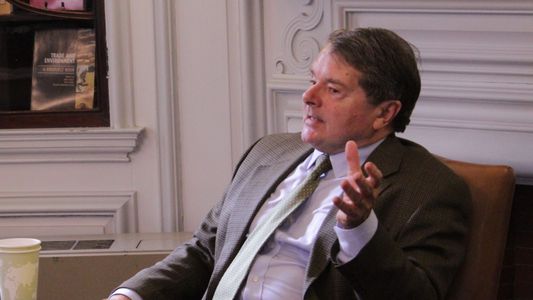Hare Examines Russia’s Plans to Invest $1 Billion in Cuba
Master Lecturer Paul Webster Hare recently took to the Latin American Advisor to share his thoughts on Russia’s plans to invest $1 billion in Cuba by 2030 through sectors like electricity and agriculture. A former British Ambassador to Cuba, Hare remarked on the long-standing alliance between the two countries and the possible advancement of American interests in Cuba if the U.S.-Russia reset sees the light of day.

“The Soviet Union in the past and now the Russian Federation has a long record of propping up the Cuban economy,” said Hare. “China has also begun to invest in port infrastructure, communications and renewable energy. But it seems that Cuba is finally extracting some benefits from its unquestioning support of Russia’s invasion of Ukraine and Cuba’s recognition of the annexation of Crimea — which even China has not recognized.”
According to Hare, the Russian government’s lofty ambitions in Cuba could very well be “just another vague aspiration.” During his time as the ambassador, reports were circulating about Russia making significant investments in Cuba’s agricultural and manufacturing domains. These plans eventually fizzled out, majorly due to Russia’s skepticism about yielding a sizable return of investment from Cuba. This same reason could very well discourage both Russia and China again from funding the Latin American country’s economic reform.
Professor Hare’s complete remarks on the Russia-Cuba economic ties can be accessed here.
Paul Webster Hare is a master lecturer at the Frederick S. Pardee School of Global Studies. He served as a British Ambassador to Cuba from 2001 to 2004 and also represented the U.K. to the European Union in Brussels, New York, Portugal, and Venezuela as deputy head of mission. Hare has extensively written about Cuba for renowned news outlets including The Financial Times, The Atlantic, Newsweek, and The Huffington Post. He is also the co-editor of the Palgrave Handbook of Diplomatic Reform and Innovation, which analyzes current practices of diplomacy and proposes practical solutions to improve diplomatic outcomes.